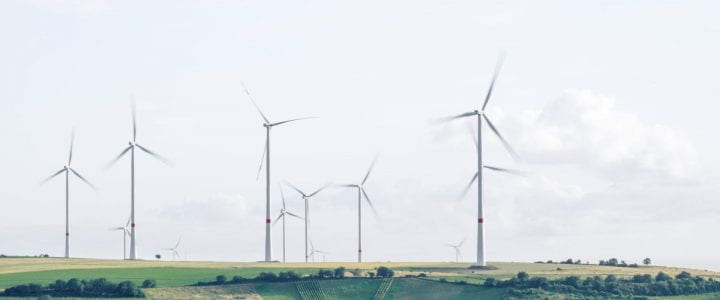BACKGROUND:
Melbourne is the capital of Victoria, Australia. It is run by the Melbourne City Council, one of 79 municipal authorities in Victoria operating as a public statutory body under the Local Government Act 1989. As a local government authority, the City of Melbourne (CoM) aims to achieve the community’s vision for Melbourne to be a bold, inspirational and sustainable city.
The City of Melbourne’s Climate Change Mitigation Strategy to 2050 (previously called Zero Net Emissions Strategy) guides our next steps in reducing the largest sources of emissions in our municipality – to achieve our science-based targets and to align our actions with the Paris Agreement on climate change. The four priorities for action in achieving our emissions reduction targets are:
- 100 per cent renewable energy,
- Zero emissions buildings and precincts,
- Zero emissions transport and;
- Reducing the impact of waste.
In line with achieving this ambition CoM has committed to purchase 100% renewable electricity for our own operations through the Melbourne Renewable Energy Project. This commits us along with a buying group of fourteen organisations to purchase 88 GWh of electricity per year from the Crowlands Windfarm under a long-term power purchase agreement. This windfarm began supplying energy from 1 January 2019 and from this date the City ’s electrical load has been powered by renewable energy.
With emissions from electricity having been almost eliminated for the City’s operation, the next largest sources of emissions are from supply chain and natural gas consumption. The largest sources of natural gas within the city operational control are the recreation centres. These facilities contain swimming pools and therefore have significant heating loads. Currently natural gas is burned to provide this heating and these applications are generally considered difficult to transition away from Gas.
This project represents an ambition to demonstrate that it is possible to use alternate energy sources to eliminate reliance on fossil fuels even in a complex context.
AIM:
The project aims to investigate opportunities to reduce natural gas consumption at the city’s recreation centres. Specifically, it will:
- Study the feasibility of eliminating natural gas consumption within the city’s recreation centres; and
- Propose a plan to switch the fuel source to a sustainable alternative and assess the technical and financial feasibility of doing so.
(Note: the proposal should allow the recreation centres to continue operations as usual but be powered by a more sustainable alternative).
KEY PROJECT TASKS:
- Review examples of businesses and industries which have fuel switched and eliminated natural gas consumption.
- Develop an understanding of the City of Melbourne’s goals and implementation strategy outlined in the Climate Change Mitigation Strategy and of the recreation centres’ operations. This can be done by reviewing relevant policy/strategy documents and meeting (interviewing) relevant stakeholders.
- Visit recreation sites to collect data on energy use and carbon emissions.
- Identify which recreation centre is most suitable for a pilot project to switch from gas into other sustainable energy sources.
- Within the pilot project, identify the most appropriate fuel switching technology/methodology, for example:
- Electrification
- Waste to energy
- Biofuels/Green Gas
- Hydrogen
- Other…
- Consolidate results, findings and recommendations in final report and presentation
DELIVERABLES:
| Deliverable | Description | Initial Timing Estimate |
| Background and baseline research | The first 3 tasks | March – April 2020 |
| Pilot Study | Tasks (4) and (5) | May 2020 |
| Presentation and Report | Task (6) | June 2020 |
The project report shall be written up as a business case including, but not limited to, the following sections:
- Executive Summary
- Background and baseline research
- Pilot Study
- Recommendations
The project deliverables shall be written for a wide audience. It should be assumed the majority do not have an in-depth understanding of energy efficiency audits.
WORK METHOD: TBD
KEY SKILLS AND ABILITIES:
- High degree of independence, motivation and professionalism
- Ability to quickly learn new concepts and adapt to new environments
- Ability to effectively liaise with a range of stakeholders
- Scientific rigour, attention to detail and good data analysis skills required
- Advanced excel skills and IT knowledge preferred
STUDENT SELECTION:
Students submit expression of interest to Dr. Nina Nguyen at: nina.nguyen@rmit.edu.au
Selected students are subject to final approval from the City of Melbourne.
Deadline for applications: 24 February 2020

